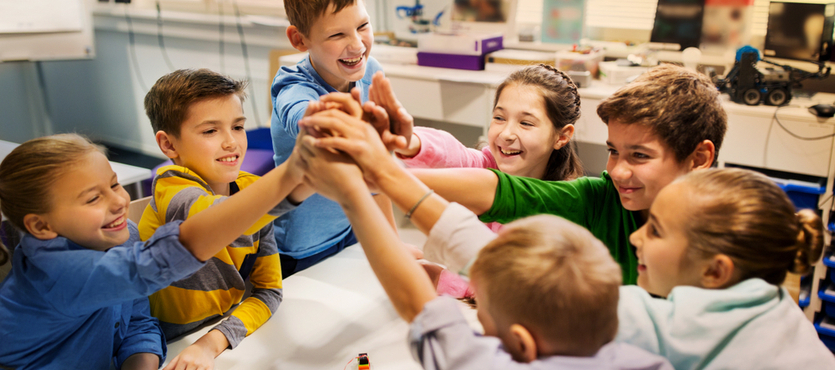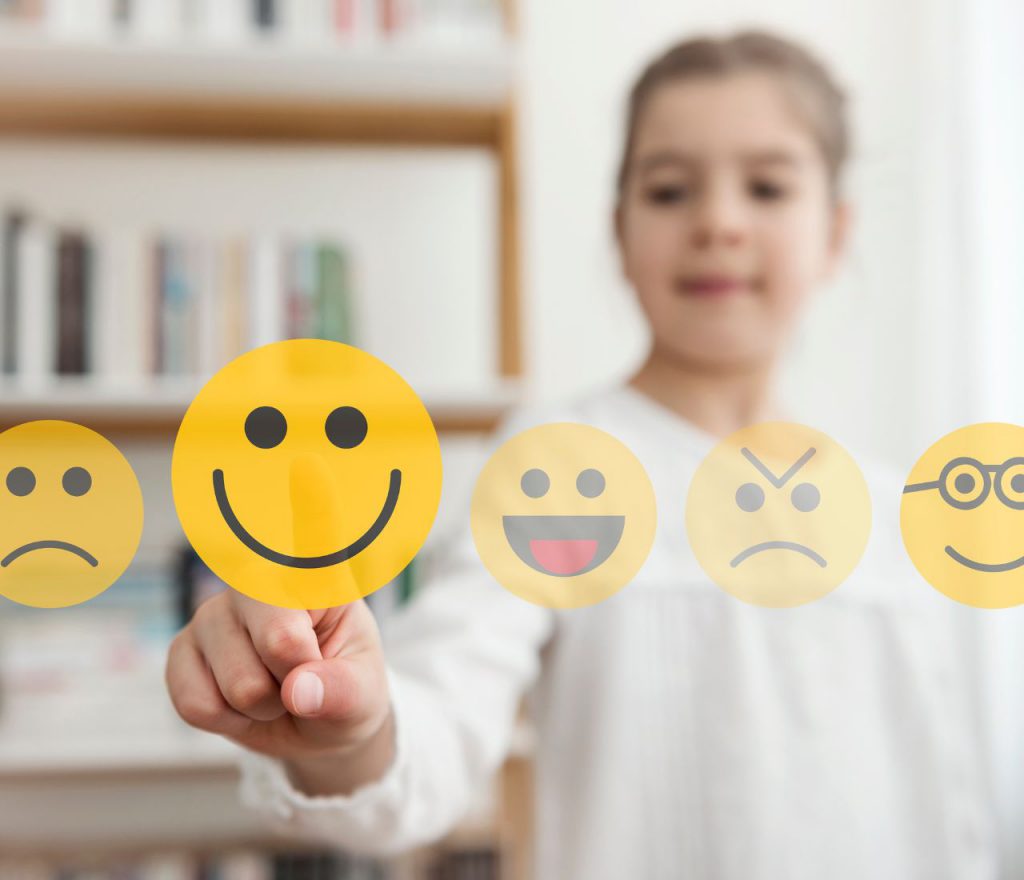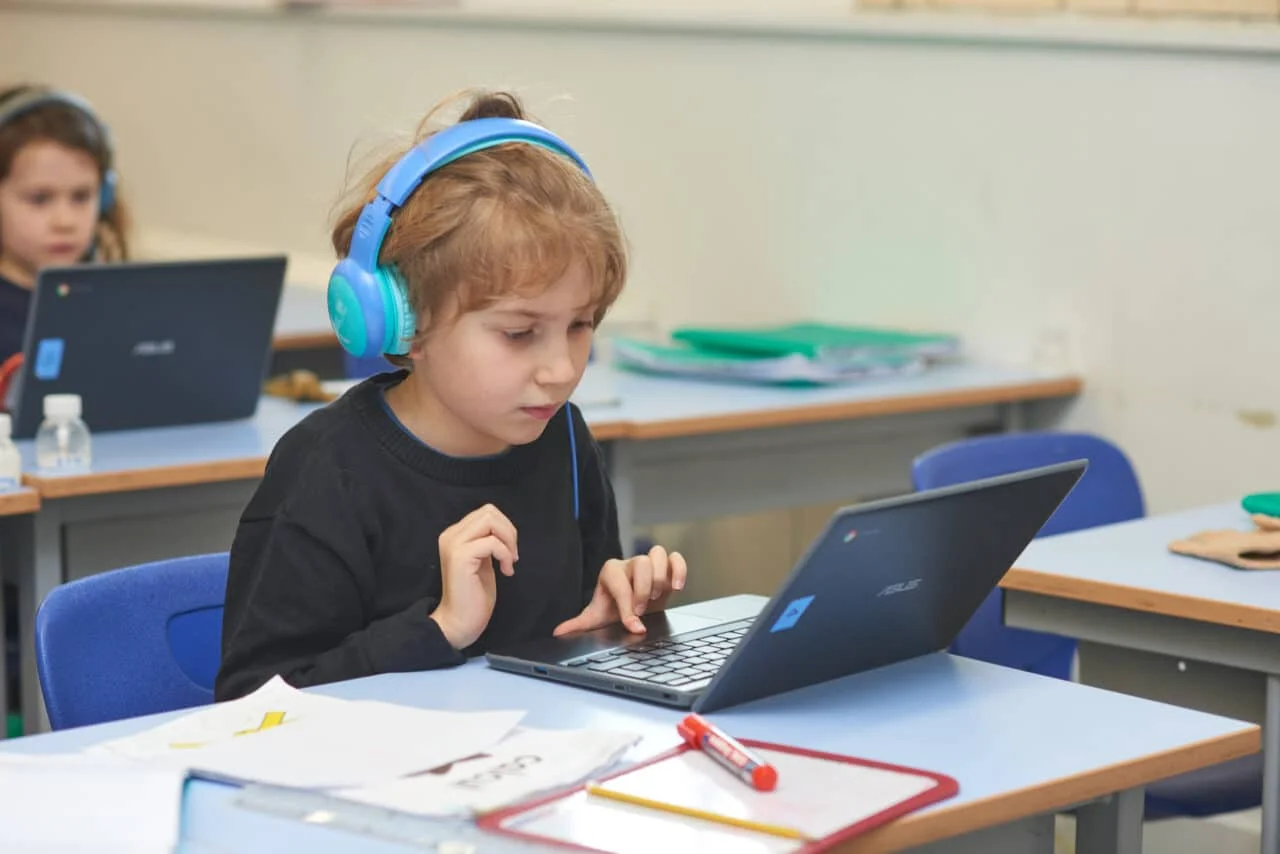Boosting Child Education With Emotional Intelligence Insights
Enhancing your child’s education with emotional intelligence insights is transformative. It boosts academic performance, enriches social interactions, and enhances overall well-being. Understanding emotions from an early age helps in managing them effectively. Developing emotional intelligence skills through play activities fosters empathy and communication. Cultivating empathy and self-awareness aids in building strong relationships and promoting positive peer interactions. Implementing emotional intelligence practices at home and school creates a harmonious environment for your child to thrive. Embracing the power of emotional intelligence in education is a cornerstone for your child’s success and growth.
Key Takeaways
- Developing emotional intelligence enhances empathy, communication, and problem-solving skills.
- Play activities foster emotional intelligence through exploration and interaction.
- Cultivating empathy and self-awareness aids in emotional literacy and social skills.
- Positive relationships in schools promote a supportive and inclusive environment.
- Parental involvement and peer relationship skills contribute to academic and social success.
Understanding Emotional Intelligence in Children

Understanding emotional intelligence in children is essential for nurturing their ability to recognize, understand, and manage their own emotions. Emotional intelligence (EI) plays an important role in both learning and behavior.
When it comes to EI in learning, children with higher emotional intelligence tend to be more adaptable, resilient, and better at problem-solving. They can navigate through challenges effectively, which enhances their overall learning experience.
Additionally, EI in behavior influences how children interact with others, handle conflicts, and express themselves. Kids with strong emotional intelligence skills are often more empathetic, have better social skills, and can communicate their feelings in a healthy manner.
Developing EI Skills Through Play
Engaging in play activities provides a fun and effective way for children to develop their emotional intelligence skills. Through playful learning, kids can enhance their understanding of emotions, empathy, and communication. Play allows children to explore different scenarios, express their feelings, and learn how to interact with others in a supportive environment.
By engaging in activities that promote emotional playfulness, such as role-playing games or storytelling, children can practice recognizing emotions in themselves and others, as well as learn how to regulate their own feelings.
Encouraging children to engage in imaginative play where they take on different roles and perspectives can help them develop empathy and perspective-taking skills. By pretending to be someone else, children can experience and understand different emotions, fostering a greater sense of empathy towards others.
Additionally, playing games that involve cooperation and problem-solving can enhance a child’s social skills and ability to work effectively with peers. In essence, play is a powerful tool for nurturing emotional intelligence in children, providing a safe and enjoyable space for them to learn and grow.
Cultivating Empathy and Self-Awareness

Understanding the importance of cultivating empathy and self-awareness in children is crucial for their emotional growth.
Empathy fosters kindness and understanding towards others, while self-awareness helps children recognize their own emotions and how they impact those around them.
Empathy in Education
Developing a strong sense of empathy and self-awareness in students is essential for fostering a positive and inclusive learning environment. Empathy activities and promoting emotional literacy are key components in nurturing these vital skills. By engaging students in empathy-building exercises such as perspective-taking discussions, role-playing scenarios, or volunteering opportunities, educators can help students understand and connect with the feelings and experiences of others.
Emotional literacy, which involves recognizing and understanding one’s own emotions, is fundamental in teaching students how to effectively communicate and manage their feelings. Encouraging students to express their emotions in a healthy way and providing them with the tools to navigate challenging situations can greatly improve their social interactions and overall well-being.
Empathy in education goes beyond academic success; it cultivates a sense of compassion, respect, and understanding among students, laying the foundation for a more empathetic and harmonious society. By prioritizing empathy and emotional awareness in the classroom, educators empower students to become empathetic global citizens who contribute positively to their communities.
Self-Awareness Benefits
To further enhance the nurturing of empathy and emotional intelligence in students, exploring the benefits of self-awareness becomes a valuable aspect of their holistic development in the educational setting. Self-awareness allows individuals to recognize and understand their emotions, thoughts, and behaviors. This awareness forms the foundation for emotional regulation, where students can learn to manage their feelings effectively, leading to improved social interactions and overall well-being.
Through mindfulness practice, students can cultivate self-awareness by focusing on the present moment without judgment. This practice helps them become attuned to their emotions and reactions, fostering a deeper understanding of themselves and others. By being more self-aware, students can develop empathy towards their peers, as they’re better able to recognize and relate to the feelings of those around them.
Encouraging self-awareness benefits students not only academically but also socially and emotionally. It equips them with the skills to navigate challenges, communicate effectively, and build positive relationships, ultimately contributing to a more empathetic and emotionally intelligent educational environment.
Fostering Positive Relationships in School

Creating a supportive and inclusive environment is key to fostering positive relationships in school. Peer support and teacher collaboration play essential roles in nurturing these relationships.
Encouraging students to empathize and support one another creates a sense of community where everyone feels valued. Teachers who collaborate effectively can model positive interactions, leading to a more harmonious classroom atmosphere.
Additionally, involving parents in their child’s education and engaging with the broader community can further enhance these relationships. When parents are active participants in school activities, they demonstrate the importance of fostering connections not only within the school but also beyond its walls.
Community engagement offers students opportunities to connect with a diverse range of individuals, promoting understanding and respect for different perspectives. By prioritizing these aspects of social interaction, schools can create an environment where positive relationships thrive, contributing to a more fulfilling educational experience for all involved.
Enhancing Academic Performance With EI
To excel academically, you can harness the power of emotional intelligence to elevate your performance and learning outcomes. Improving focus is essential for academic success. Emotional intelligence helps you understand your emotions and how they impact your ability to concentrate. By being more aware of your feelings, you can actively work on staying focused during study sessions and exams.
Managing stress is another key aspect of enhancing academic performance. Stress can be overwhelming and hinder your ability to learn effectively. With emotional intelligence, you can develop strategies to cope with stress in healthy ways. By recognizing stress triggers and implementing relaxation techniques, you can maintain a calmer state of mind, allowing you to perform better academically.
Implementing EI Practices at Home
As a parent, you hold a powerful role in shaping your child’s emotional intelligence. Emotions play a significant role in daily interactions and can greatly impact your child’s development.

Emotions in Daily Interactions
In your daily interactions at home, understanding and managing emotions play a crucial role in fostering a supportive and nurturing environment for your child’s emotional intelligence development. Parental involvement in helping children recognize and regulate their emotions is essential. By demonstrating healthy emotional regulation yourself, you provide a model for your child to learn from.
Encourage open communication about feelings and create a safe space for them to express themselves.
Moreover, social skills and peer relationships are greatly influenced by how emotions are handled at home. Teaching your child empathy, active listening, and conflict resolution can enhance their interactions with others. Encouraging positive social behaviors and discussing emotions related to social situations can help them navigate peer relationships more effectively.
Building Trust and Connection
Consistently practicing emotional intelligence skills at home is key to building trust and connection with your child. Parent involvement and open communication play essential roles in fostering a strong bond with your little one. By actively listening to your child’s thoughts and feelings, you demonstrate empathy and understanding, which are fundamental aspects of emotional intelligence. Encouraging your child to express themselves freely and without judgment helps create a safe space where trust can flourish.
Moreover, collaborating with teachers and seeking their support can further enhance your child’s emotional development. By working together with educators to understand your child’s unique needs and challenges, you can create a consistent and supportive environment both at home and in school. This collaboration not only benefits your child’s emotional well-being but also strengthens the connection between home and school, reinforcing a sense of security and belonging for your child.
Frequently Asked Questions
How Can Emotional Intelligence Benefit Children in Their Future Careers?
Understanding emotions can benefit you in future careers by improving workplace success. EI training enhances career readiness by developing EI skills like empathy and communication. These skills help navigate professional relationships and handle challenges effectively.
Are There Specific Play Activities That Target EI Development?
Role playing and cooperative games are excellent tools for developing emotional intelligence in children. By engaging in these activities, you can enhance empathy, communication skills, and problem-solving abilities, fostering a well-rounded and emotionally intelligent individual.
What Strategies Can Parents Use to Teach Empathy to Their Children?
To teach empathy to your children, engage in empathy exercises like role-playing different perspectives. Model empathy through active listening and validating feelings. Encourage open communication skills by discussing emotions and fostering a supportive environment for sharing.
How Can Schools Address Bullying Through EI Practices?
To address bullying in schools, implement emotional intelligence programs. Teach students emotional regulation and conflict resolution. By fostering empathy and communication skills, you create a positive environment that prevents bullying and supports a healthy school community.
Can Emotional Intelligence Training Improve Standardized Test Scores?
Improving academic performance through emotional intelligence training can enhance test scores. By honing emotional skills alongside test preparation, you can foster emotional development that boosts your ability to excel in standardized tests and achieve academic success.
Conclusion
To sum up, by focusing on emotional intelligence in children, you can help them navigate the complex world of education with greater ease and success.
Encouraging empathy, self-awareness, and positive relationships won’t only enhance their academic performance but also set them up for lifelong success.
By implementing EI practices at home and in school, you’re giving them the tools they need to thrive both academically and emotionally.
Your investment in their emotional well-being will pay off in the long run.

Hey there! 👋 I’m a proud mom and passionate writer, sharing my parenting journey. 📝 Join me as I navigate the ups and downs of motherhood, offering tips, advice, and a sprinkle of humor along the way. 🌟







